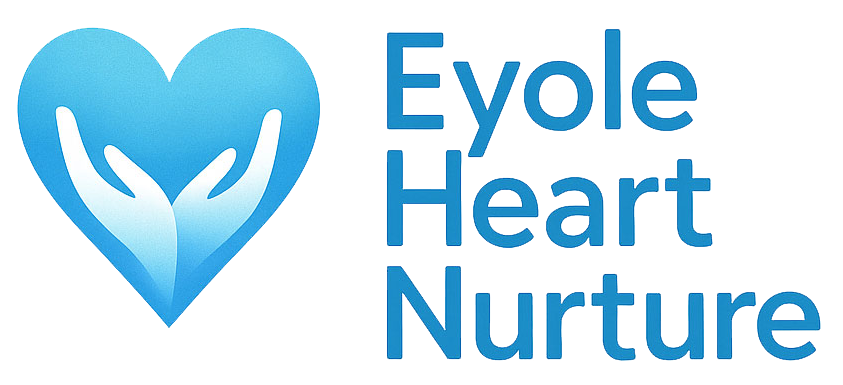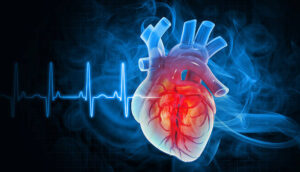Rose, a mother of three, noticed that she often felt dizzy and her heart would race. Worried, she visited a local health clinic. The nurse explained that dehydration could strain the heart, making it work harder to pump blood. This simple factor, everyday drinking water, was key to keeping her heart strong.
Water makes up over half (60%) of your body weight, and every single cell in your body, including those that comprise your heart, needs to be properly hydrated to function properly. When Rose learned about the role of hydration, she embraced drinking clean water regularly, improving her energy and heart health.
Why Hydration Matters for Your Heart
Lauren Hewitt, Registered Associate Nutritionist at Heart Research UK, explains: “Being dehydrated causes the amount of blood circulating in our body to decrease. When this happens, the heart must beat faster, which increases our heart rate and our blood pressure, which can increase our risk of a cardiac event. This is of particular concern if you already have high blood pressure or have been diagnosed with coronary heart disease.
In addition, Proper hydration helps blood flow easily, delivering oxygen and nutrients efficiently. When we lose fluids, through sweating in a warm climate or illness, the heart races faster to compensate. As such, Chronic dehydration can increase the risk of heart failure and vascular problems.
Practical Tips for Everyday Heart Care
- Drink water often throughout the day, especially when active.
- Recognize signs of dehydration: dry mouth, dark urine, and dizziness.
- Include hydrating fruits and vegetables in diets. Get more tips for increasing your water intake here.
Next Steps
Just as staying hydrated is essential for the smooth functioning of your physical heart, staying connected to Jesus provides rest that can translate into overall well-being. Jesus gently calls the weary and burdened, those struggling with life’s challenges, to find restoration in Him.
“Come to me, all who are weary and burdened, and I will give you rest. Take my yoke upon you and learn from me, for I am gentle and humble in heart, and you will find rest for your souls.” — Matthew 11:28-29. Take our free heart test today.
Frequently Asked Questions
1. Can heart problems cause thirst?
Yes, some heart conditions can affect fluid balance, making you feel thirstier. Always seek medical advice for persistent symptoms.
2. Does hydration help heart health?
Absolutely. Staying well hydrated helps your heart pump blood efficiently, reduces strain, and supports overall cardiovascular function.
3. Can dehydration cause heart problems?
Dehydration reduces blood volume, forcing the heart to work harder, potentially increasing heart rate and risks of complications.
4. Does drinking a lot of water lower heart rate?
Proper hydration can help maintain a healthy heart rate by ensuring blood volume and pressure are stable.
5. What happens to the heart if you don’t drink enough water?
The heart beats faster to compensate for lower blood volume, increasing its workload and possibly leading to fatigue or strain.
6. What happens when you are fully hydrated?
Your heart pumps efficiently, blood flows smoothly, and your muscles receive oxygen easily, boosting energy and health.
7. How does your heart feel when you’re dehydrated?
You might feel palpitations, dizziness, or fatigue, signs that your heart is under stress from dehydration.
8. How much water should you drink each day?
The recommended intake of fluid is between 2.1 to 2.6 litres for adults and between 1 to 1.6 litres for children every day. The recommended total intake per day, which includes fluid from food, is between 2.8 and 3.4 litres for adults and 1.4 to 2.2 litres for children.





